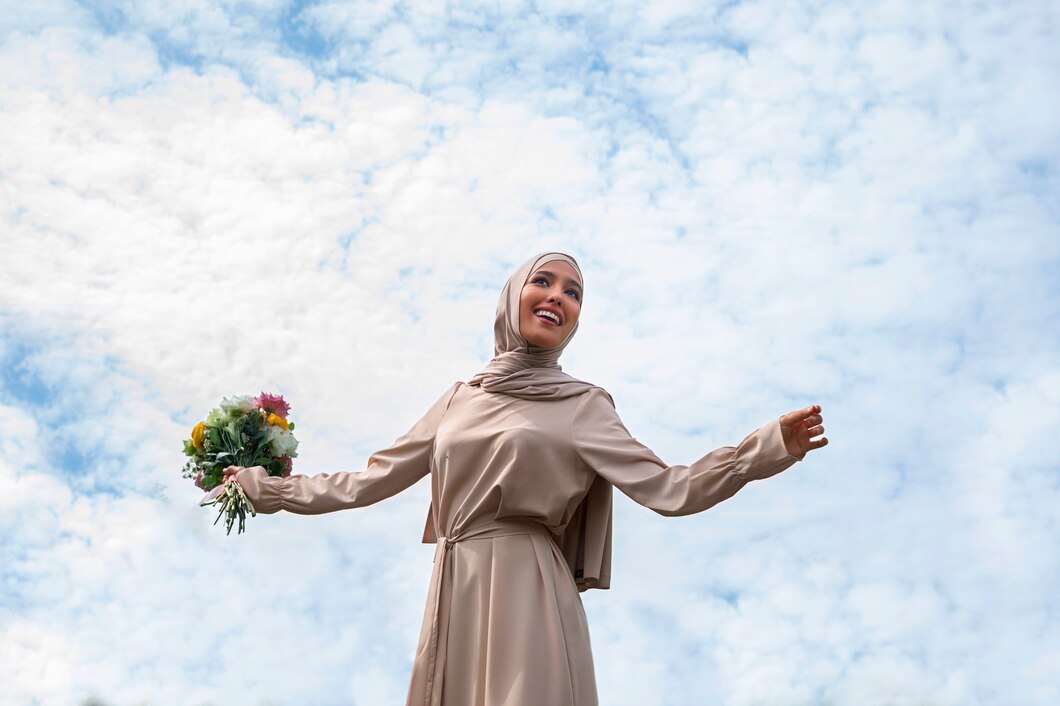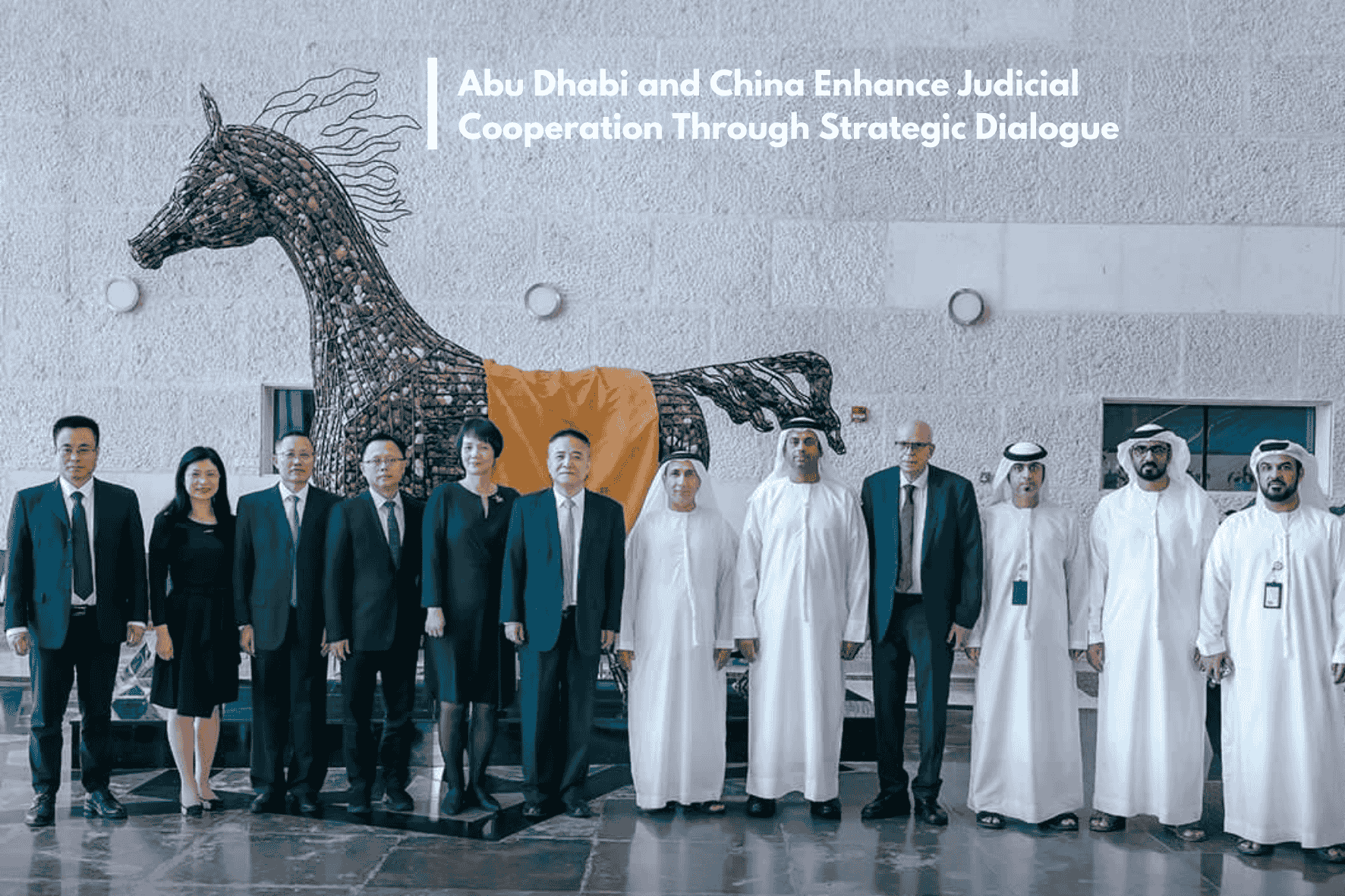UAE Mediates Largest Russia-Ukraine Captive Exchange Since Conflict Began

In a powerful demonstration of its growing influence in international diplomacy, the United Arab Emirates has once again positioned itself as a neutral and trusted mediator in the ongoing Russia-Ukraine conflict. In a significant diplomatic and humanitarian milestone, the UAE successfully brokered the largest exchange of captives between the Russian Federation and the Republic of Ukraine since the war’s outbreak in early 2022. This massive undertaking, involving a total of 538 individuals, marks a pivotal moment in the conflict, not only in terms of the numbers involved but also in highlighting the potential for dialogue and negotiated actions amid a deeply entrenched war.
Since the beginning of the conflict, numerous attempts have been made by various nations and international organizations to foster cooperation between Russia and Ukraine in addressing humanitarian concerns, including the treatment and repatriation of prisoners of war. However, the scale and scope of this latest exchange mediated by the UAE distinguish it as the most significant yet, reinforcing the country’s status as a reliable diplomatic partner trusted by both sides.
A Landmark Humanitarian Exchange Amid War
The latest round of prisoner exchanges between Russia and Ukraine, mediated by the United Arab Emirates, involved a substantial number of captives on both sides. A total of 246 Ukrainian captives and 246 Russian captives were included in the deal, along with 31 wounded Ukrainian soldiers and 15 wounded Russians, bringing the overall number to 538. This marks the single largest exchange operation since the Russia-Ukraine war began more than two years ago.
Such a high-level humanitarian operation required intricate planning, unwavering neutrality, and the trust of both warring parties — all qualities that the UAE has increasingly demonstrated in the international arena. According to the Ministry of Foreign Affairs (MoFA) of the UAE, this latest effort reflects the cumulative result of months of quiet, behind-the-scenes diplomacy, consistent communication, and an unwavering commitment to peace-building.
UAE’s Trusted Mediator Role Grows Stronger
Over the past few years, the UAE has made significant strides in expanding its diplomatic reach beyond the Gulf region, positioning itself as a valuable intermediary in global conflicts. Its balanced foreign policy — maintaining strategic partnerships with both Western nations and Russia, while simultaneously supporting multilateral organizations and humanitarian initiatives — has afforded it a unique position in international affairs.
The UAE’s success in mediating the latest prisoner exchange between Russia and Ukraine is part of a broader pattern of effective diplomacy. With this operation, the total number of individuals exchanged through UAE mediation efforts now reaches 3,771. Such figures are not only numerical markers of success but also a testimony to the consistent efforts of the Emirati leadership in pursuing dialogue over discord, cooperation over confrontation.
The willingness of both Russia and Ukraine to continue engaging with the UAE in sensitive matters such as prisoner swaps underlines the mutual confidence placed in Emirati mediation. The country’s neutral stance, bolstered by its absence of direct involvement in the conflict and its established diplomatic channels with both Moscow and Kyiv, makes it an ideal conduit for humanitarian and diplomatic outreach.
A Humanitarian Success Beyond Politics
Although political tensions between Russia and Ukraine remain high, exchanges like these serve as vital reminders of the human dimension of war. The individuals exchanged — many of whom were combatants taken during hostilities, and some who were injured — now have a chance to return to their families, seek medical care, and begin recovering from the trauma of war.
The UAE’s mediation is not merely an act of diplomacy; it is a humanitarian lifeline. By facilitating this massive release, the country has directly contributed to reducing suffering on both sides. This action also sends a broader message about the importance of humanitarian principles even in the most hostile circumstances.
Such exchanges often involve delicate negotiations, with each party reluctant to show weakness or compromise. The UAE’s success in brokering this deal indicates its ability to navigate these complexities effectively, achieving outcomes that larger multilateral organizations or direct negotiations between the two conflicting nations have often failed to realize.
Statements of Appreciation and Continued Cooperation
The UAE Ministry of Foreign Affairs issued a statement acknowledging the cooperation extended by both the Russian Federation and the Republic of Ukraine. The ministry expressed gratitude for the trust placed in the UAE’s diplomatic mechanisms and highlighted how this collaboration reflects the broader appreciation of the Emirates’ peacemaking efforts.
Such public statements are not just formalities; they serve as affirmations of the diplomatic capital the UAE has built over years. The continued collaboration of both nations with the UAE in such a sensitive matter showcases a level of confidence that many traditional diplomatic powers have struggled to maintain since the onset of the war.
Furthermore, the statement hints at the UAE’s ongoing commitment to playing a facilitative role in addressing not only humanitarian issues but also laying the groundwork for broader conflict resolution, should such opportunities arise in the future.
The Numbers Behind the Diplomacy
When considering the total of 3,771 individuals exchanged through UAE mediation since the start of the war, the scope and impact of the Emirates’ role become even clearer. Each exchange represents an individual life — a soldier, a family member, someone’s child or parent — returned from the clutches of war.
The number also underscores the consistency of Emirati involvement. Rather than a one-time effort, the UAE has shown a pattern of sustained commitment, which strengthens its credibility as a serious mediator. Unlike ad-hoc interventions that achieve temporary results, the UAE’s continued engagement represents a long-term diplomatic investment that aims to gradually build trust between the two parties.
This latest operation, being the largest yet, also sets a precedent for future exchanges and humanitarian coordination. The fact that both countries were willing to engage in this extensive swap through the UAE suggests a recognition that dialogue, even under the most difficult circumstances, remains possible.
The Strategic Importance of the UAE’s Neutral Diplomacy
The UAE’s involvement in global diplomacy has evolved rapidly over the last decade. No longer limited to regional interests, the nation has broadened its scope to include mediating in conflicts that span continents. In this context, its role in the Russia-Ukraine conflict highlights a broader strategic shift toward global engagement, where neutrality and humanitarianism go hand in hand.
By not taking sides in the conflict and focusing on humanitarian outcomes, the UAE maintains its credibility in facilitating further peacebuilding efforts, whether in Eastern Europe or elsewhere. It stands in contrast to many Western nations whose roles are often perceived as partisan by one or both sides involved in a conflict.
The success of the UAE’s efforts is also indicative of the changing dynamics of international diplomacy. As emerging global powers like the UAE take on more responsibilities in conflict resolution, the traditional monopoly of larger powers is gradually being decentralized. This could open the door for more flexible, targeted, and effective forms of mediation that prioritize outcomes over optics.
Global Recognition and Diplomatic Implications
As this news makes international headlines, the UAE’s reputation as a peace-focused nation is likely to be further solidified. Governments, international bodies, and humanitarian organizations around the world are watching closely as the UAE demonstrates a model of proactive, principled diplomacy.
This recognition may pave the way for the UAE to be considered a more central player in future negotiations or peace initiatives related to the Russia-Ukraine war and possibly beyond. From a diplomatic standpoint, this enhances the UAE’s global clout and reinforces its role not only as an economic hub but as a responsible global actor in maintaining peace and security.
Moreover, the ability to carry out such a large exchange without public controversy or operational disruption highlights the UAE’s efficient diplomatic and logistical infrastructure. It is this quiet yet effective style of diplomacy that distinguishes the country from other international actors.
Mediation in the Face of a Prolonged War
The Russia-Ukraine conflict has now extended over multiple years, with no clear resolution in sight. In such a drawn-out confrontation, acts of mediation, especially those focused on humanitarian aspects, play a crucial role in keeping channels of communication open. The UAE’s success in organizing such exchanges serves not just as a diplomatic achievement but as a necessary humanitarian intervention in a war marked by entrenched hostilities.
With thousands of prisoners taken on both sides since the war began, the issue of detainees remains a sensitive and ongoing concern. The UAE’s role provides a framework for how such issues can be managed effectively without exacerbating tensions or compromising security concerns.
In a time when many international efforts are met with skepticism or stall due to geopolitical rivalries, the UAE’s continued success in navigating these murky waters stands out as a beacon of what focused, principled diplomacy can achieve.








2 Comments
[…] the conflict between Russia and Ukraine escalated into full-scale war in 2022, thousands of soldiers and civilians have been captured, […]
[…] delivered and are operational. The remaining two are expected to arrive by August 2026. Though the Russia-Ukraine conflict has caused logistical delays, India has managed to integrate the delivered systems into […]
Comments are closed.